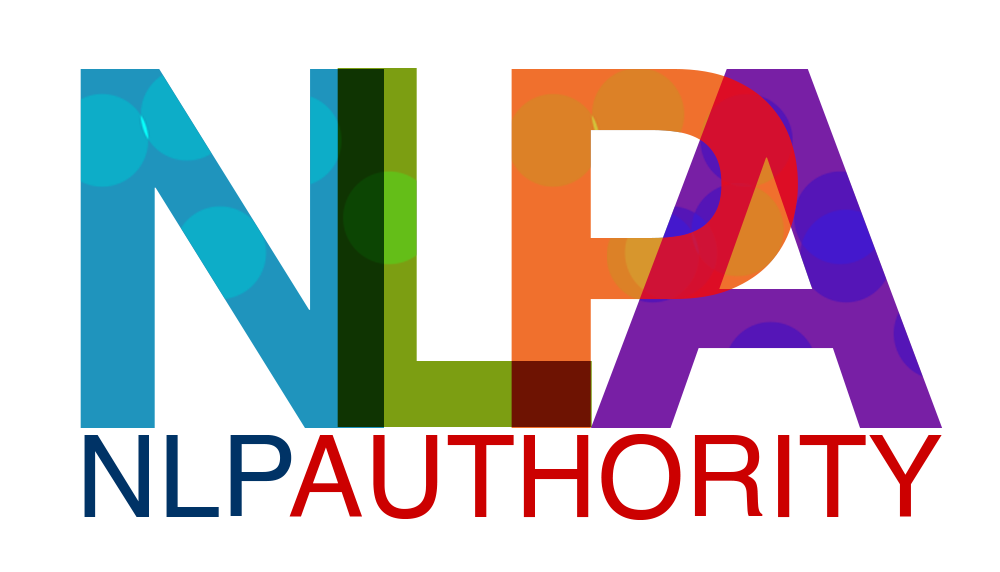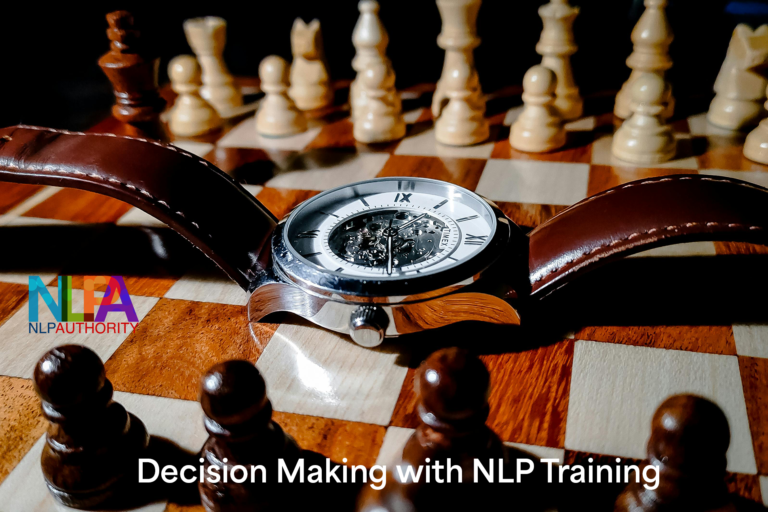The Power of Precision: How the NLP Meta Model Can Enhance Your Communication
Have you ever felt like someone wasn’t giving you the whole story? Or maybe you’ve struggled to express yourself clearly? The Neuro-Linguistic Programming (NLP) Meta Model can be a valuable tool in such situations. By providing a framework for asking specific questions, the Meta Model helps us bridge communication gaps and gain a deeper understanding of ourselves and others.
Understanding the Meta Model

Our language is full of filters. We unconsciously omit details, exaggerate experiences, and make generalizations. The Meta Model helps us identify these patterns in our own speech and that of others. It consists of a set of questions designed to:
- Challenge deletions: When someone leaves out important information, meta model questions can prompt them to fill in the gaps. For example, instead of accepting “Everyone hates me,” you might ask, “Who exactly hates you?”
- Clarify distortions: We often distort reality through words like “always” or “never.” Meta model questions can help us see things from a more nuanced perspective. Instead of “I can never succeed,” you could ask, “Have there ever been times when you did succeed?”
- Explore generalizations: Generalizations like “People are untrustworthy” can be limiting. Meta model questions can help us identify exceptions and specific situations. You might ask, “Can you think of a specific time when someone was trustworthy?”
The Value of Precision ( NLP Meta Model )
By using the Meta Model, we gain several benefits:
- Improved Communication: Clearer and more specific communication reduces misunderstandings and fosters stronger relationships.
- Enhanced Self-awareness: By questioning our own language patterns, we can uncover limiting beliefs and unconscious biases.
- Empowerment: Meta Model questions encourage us to take responsibility for our thoughts and feelings, leading to greater self-empowerment.
Putting the Meta Model into Practice
Here are some ways to incorporate the Meta Model in your daily interactions:
- Listen actively: Pay attention to the language people use. Watch for deletions, distortions, and generalizations.
- Ask open-ended questions: Instead of yes/no questions, use prompts that encourage elaboration.
- Be respectful: The goal is not to be accusatory, but to gently guide the conversation towards greater clarity.
The Meta Model is a Journey, Not a Destination
Like any skill, mastering the Meta Model takes time and practice. Start by incorporating a few questions into your daily conversations. As you become more comfortable, you’ll discover the power of precise language in creating deeper connections and fostering positive change. Remember, the Meta Model is a tool, and like any tool, its effectiveness depends on how you use it.
NLP Meta Model Violations and Examples
The Meta Model highlights areas where communication might be unclear or lacking detail. Here are some common violations and examples of how to use Meta Model questions to improve clarity:
- Simple Deletions: This occurs when essential information is missing.
- Example: “Work is stressful.” (Who or what is causing the stress?)
- Meta Model Question: “What specifically about work is stressful?”
- Lack of Referential Index: Statements lack specificity about who or what is being referred to.
- Example: “They never listen to me.” (Who specifically isn’t listening?)
- Meta Model Question: “Who exactly isn’t listening to you?”
- Comparative Deletions: Comparisons are made without specifying the elements being compared.
- Example: “This is the worst meeting ever.” (Compared to what?)
- Meta Model Question: “What has made this meeting worse than other meetings?”
- Modal Operators of Obligation: Statements use words like “should,” “must,” or “can’t” which might imply external pressure.
- Example: “I should go to the gym more often.” (Who says you should?)
- Meta Model Question: “According to whom should you go to the gym more often?”
- Lost Performative: Statements express opinions as facts.
- Example: “That movie was boring.” (Boring to whom?)
- Meta Model Question: “What made the movie boring for you?”
- Causal attributions: Creates a direct cause-and-effect link that might be subjective.
- Example: “Working late makes me tired.” (Does working late always make you tired?)
- Meta Model Question: “How does working late specifically contribute to you feeling tired?”
- Universal Quantifiers: Words like “always” or “never” create generalizations that might not be entirely accurate.
- Example: “I always mess things up.” (Have there ever been times you haven’t?)
- Meta Model Question: “Can you think of a specific time when you did not mess things up?”
By using NLP Meta Model questions, we can encourage clearer communication, uncover underlying thoughts and emotions, and ultimately, foster better understanding.
If you’re interested in leveraging the power of the NLP Meta Model to transform your communication and self-awareness, NLP Authority’s NLP training programs could be a valuable resource. Their curriculum, informed by the principles of the Meta Model, can equip you with the skills to ask insightful questions, identify limiting beliefs, and ultimately bridge communication gaps.
By fostering clarity and precision in your interactions, you can build stronger relationships and unlock greater personal growth.



